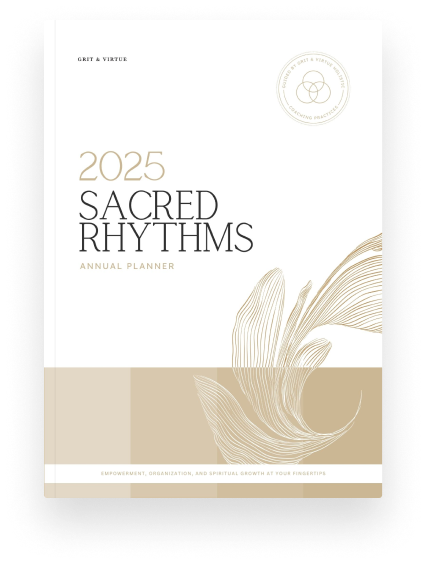Have you ever found yourself oversharing personal details in casual conversation, leaving you feeling exposed and even a little regretful later? You’re not alone. In today’s digital age, where connection is readily available at our fingertips, the line between vulnerability and oversharing can easily blur and quite frankly be harmful.
However, what if we reframed oversharing as a stepping stone on your personal development journey? By understanding the root of this impulse and leveraging the power of journaling, you can transform oversharing into a tool for self-discovery and growth.
Why do we overshare?
There are several underlying reasons why individuals might overshare:
Seeking connection:
We all crave a sense of belonging and understanding. Oversharing can be an attempt to connect with others on a deeper level, build trust, and feel accepted.
Processing emotions:
Sharing difficult experiences can be a way to express and work through overwhelming emotions. However, doing so in an unfiltered way can be counterproductive.
Seeking validation:
Oversharing can be a subconscious attempt to seek reassurance and approval from others, especially when struggling with self-doubt or negative self-perception.
Journaling: A Safe Space for Self-Exploration
Instead of immediately voicing your deepest thoughts and feelings to everyone around you, consider journaling as a safe and controlled outlet for self-exploration. Here’s how journaling can help:
Gain self-awareness:
Writing down your thoughts and experiences allows you to see them from a different perspective, fostering a deeper understanding of your emotions, motivations, and triggers. This can be particularly helpful for understanding why you might feel compelled to overshare in certain situations.
Process emotions healthily:
Journaling provides a private space to express and explore difficult emotions without the potential judgment or discomfort associated with oversharing them publicly. This allows you to process your emotions in a healthy way and gain control over your reactions.
Identify patterns:
Over time, journaling can reveal recurring patterns in your thoughts, behaviors, and reactions. This self-awareness empowers you to make conscious choices and break unhealthy cycles, including the urge to overshare in inappropriate settings.
Practice self-compassion:
As you write, cultivate a gentle and understanding tone towards yourself. This can foster self-compassion and acceptance, reducing the need to seek external validation through oversharing.
Transforming Oversharing into Growth:
By incorporating journaling into your daily routine, you can transform the urge to overshare into a catalyst for personal development:
Use journaling prompts:
Explore prompts related to specific areas you want to understand better, like your communication style, emotional triggers, or personal values. Consider using some of these prompts:
- 12 Journaling Prompts for Healing →
- 21 Journal Prompts: When you Need Healing From What Hurts →
- 25 Journal Prompts: Powerful Coaching Questions for Your Career →
Reflect on your day:
Take some time at the end of each day to reflect on your interactions and any situations where you felt the urge to overshare. Analyze the underlying emotions and explore alternative ways to express yourself in similar situations in the future.
Practice gratitude:
Cultivating an attitude of gratitude through journaling can shift your focus towards the positive aspects of your life, reducing the need to seek validation through oversharing negative experiences.
Remember, personal growth is a journey, not a destination. Be patient with yourself, and celebrate your progress along the way. By harnessing the power of journaling, you can learn to express yourself authentically, navigate difficult emotions healthily, and ultimately step into a more confident and empowered version of yourself.
Explore our wide range of high-quality journals designed to inspire your creativity and provide the perfect canvas for your self-discovery journey.
Enjoyed it? Share it!
Aubrey Wilson
Aubrey Wilson is a writer for Grit & Virtue, passionate about empowering women on their personal development journeys through faith-based resources. She enjoys exploring the intersection of faith, creativity, and personal growth.
But wait, there's more...




















